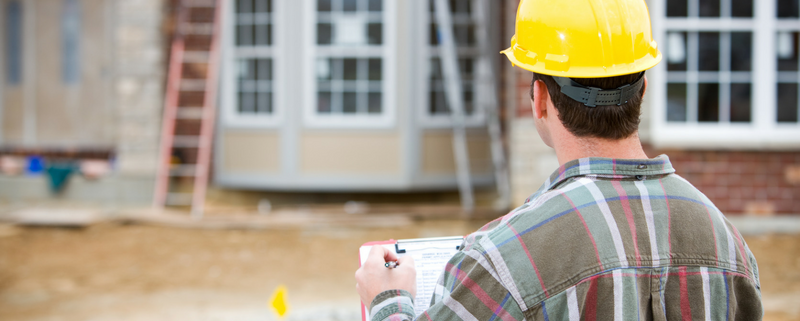What to look for in building inspection reports
How to get peace of mind from your pre-purchase or pre-sale building inspection reports
Pre-purchase or pre-sale; there are a couple of different types of building inspection reports. While they both make up an important part of a negotiation around a purchase, they are sought by different parties in a negotiation, for different purposes. First let’s take a look at the key differences – before we delve into what you should be looking for, in either case.
If you’re wanting a pre-purchase building report
A pre-purchase inspection is perhaps the more common form of building report. Like you might subject a used car that you were looking to buy to a mechanical check, you want to be sure that the house you are buying contains no hidden surprises. Whether you’re buying an investment property or looking to purchase the home of your dreams, a professional inspection assesses the condition of a property, ensuring that you’re not signing on for unknown or unforeseen significant problems. Believe it or not, even new builds may have issues (I inspect new builds all the time), so just because it’s new and has a CCC (Certificate of Code of Compliance) doesn’t mean it’s free from issues. A building inspection report is designed to give you, and your bank, the confidence that you are making a sound purchase.
If you’re wanting a pre-sale property report
More and more homeowners are being advised to get a pre-sale inspection of their property in order to make this report available for potential buyers. Following New Zealand’s leaky home crisis, both property buyers and the banks are more wary, especially when it comes to particular types of homes. Not only highlighting problems, a building inspection report can also highlight areas where value can be added. A pre-sale building report shows transparency and can give the vendor an opportunity to repair things highlighted in the pre-sale report they were unaware of. It and can be used as a powerful negotiation tool when it does come time to get someone signing the dotted line.
So what are the most important things to look for in a pre-purchase or pre-sale building inspection report?
Trusted credentials
Not all building inspectors are created equally, so don’t be afraid to ask to see some credentials. Many building inspectors used to be builders, which gives them practical knowledge. Look for a combination of vast experience and special skills or lines of specialty that set your inspector apart, as well as what official training and certifications they have. The best inspectors should be continually increasing their knowledge base with updates in the industry – I’ve recently undergone Pool Fencing and BOINZ Accreditation Courses to ensure my skills and knowledge change and grow as the building industry and housing market does.
Thorough and detailed
Make sure that the building inspection report that you’re going to get following your building inspection is thorough and details, taking into account all aspects of the property of interest. Comprehensive building inspection reports covers more than just moisture-testing and external weather-tightness and should also provide detail right from the type and condition of the foundations through to each aspect of the home’s construction methods and materials, and the condition these are in. You can view one of our comprehensive sample building inspection reports here, to see the level of detail that you can expect from The Property Inspectors.
Great follow up
Reading the report is one thing, being able to talk through and interpret the results is another. A great building inspector will not only provide you with a thorough report, they’ll also be available to discuss any issues or concerns that you may have following their findings. Wherever possible, I’ll call the purchasers to discuss the inspection before I even send through the report, so you understand every part of it.
If you’re ready to get a building inspection report, get in touch today.











